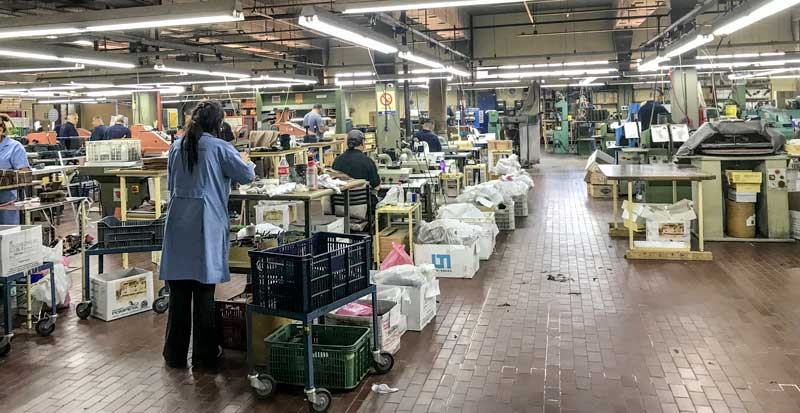


After a long period of recession in consumption and due to the consequences of the pandemic, between 2019 and 2021, the Argentine footwear industry restarted a recovery process, through new investments and increased production, to meet the reactivation of demand.
In this context, taking into account a necessary salary recomposition, within an inflationary environment, the Argentine Federation of Footwear and Related Products (FAICA) and the Union of Workers of the Footwear Industry (UTICRA) agreed on an annual salary increase of 62,1% that will be in force from June 2022 to May 2023. As reported by the union organization, from October to January 2023, the basic and additional of the agreement will increase by 24.8%, taking as a reference the salaries of last March, while from February to April 2023, an improvement of 37.2% will be applied.
The agreement that was endorsed in the Collective Labor Agreement 652/12, stipulates that there will be increases in non-remunerated amounts, since in June, July, August and September of this year, an equivalent of 20% will be paid. From October to January 2023 it will be 10% and in May 20%.
The parties resolved to meet again in February 2023 to analyze the salary situation, within the inflationary panorama that afflicts the country's economy.
Union representatives expressed satisfaction with the agreement, expressing that "it gives us a certain degree of predictability, so as not to lose purchasing power in the face of inflation, but above all, because of the increase in the prices of the basic food basket."
"The review clause in February will allow us to make an evaluation in the middle of the collective bargaining to see where we stand and if an adjustment is needed". Adding that "in this way, we do not have to wait for the collective bargaining to finish, but it can be modified while it is being developed".
RELATED ARTICLES:
- Controversy over footwear price increases in Argentina
- Wages for footwear workers increased 113%